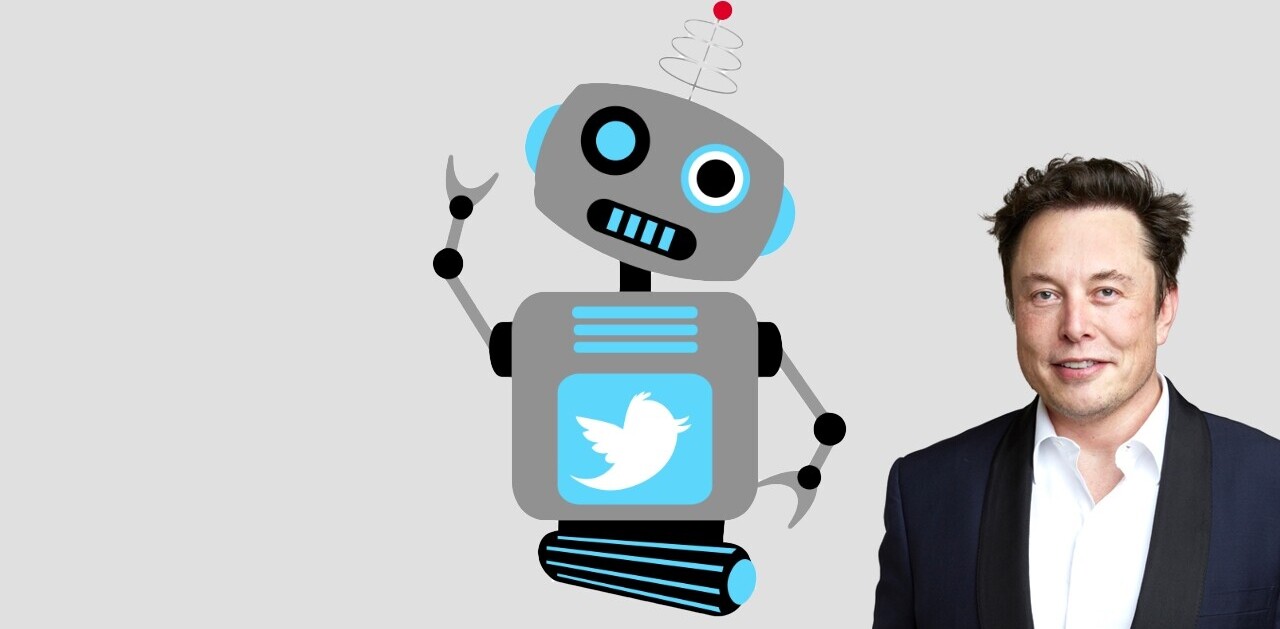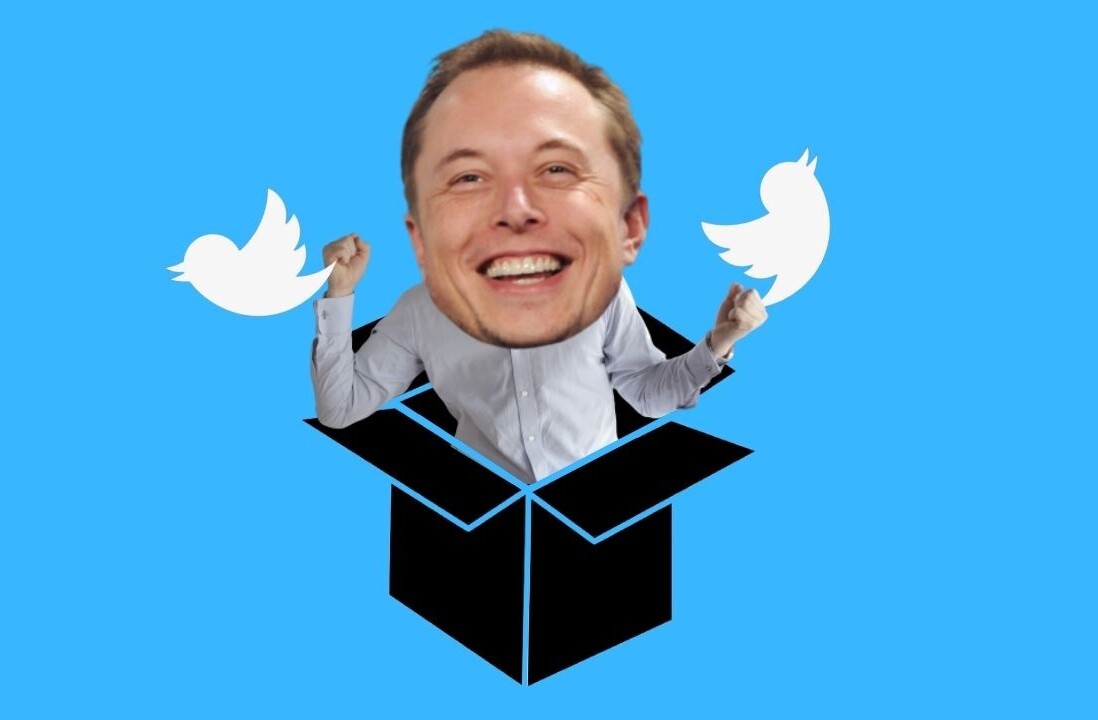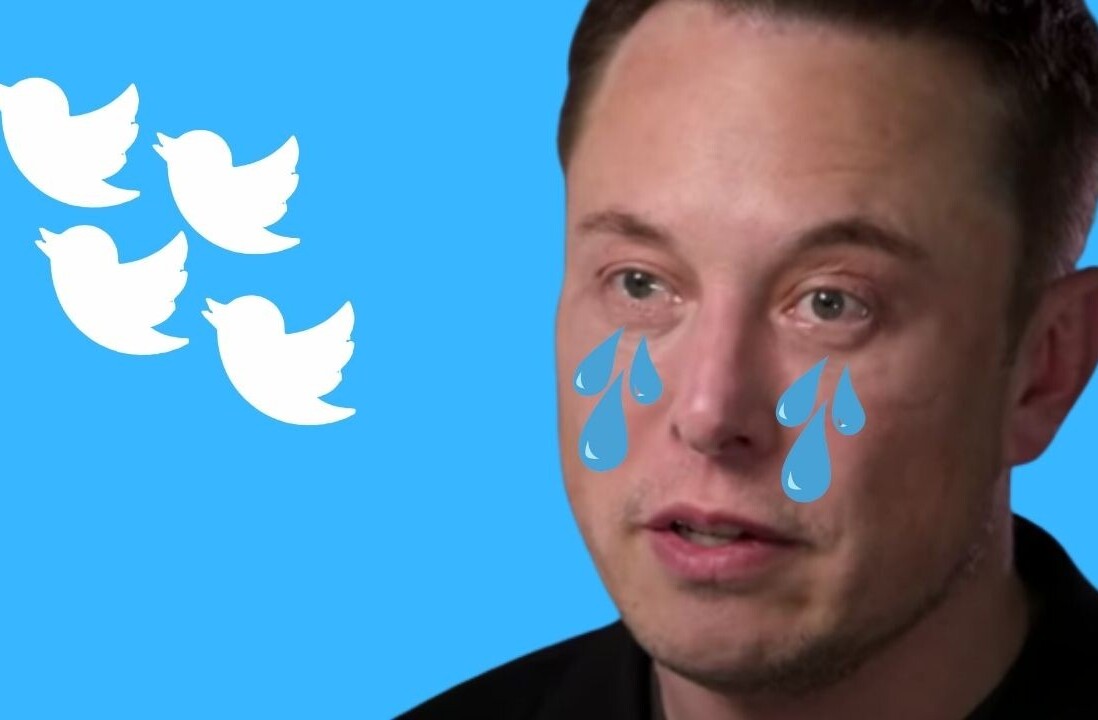
In the US, politicians love Twitter. It’s a place for them to put their flag in the sand and engage in debate with the general public, or other politicians. This weekend, Republican party nominees Jeb Bush and Donald Trump went toe-to-toe on the social network, with Trump calling out Jeb’s brother and former President George W.’s decision to invade Iraq.
Jeb Bush should stop trying to defend his brother and focus on his own shortcomings and how to fix them. Also, Rubio is hitting him hard!
— Donald J. Trump (@realDonaldTrump) October 18, 2015
Jeb, why did your brother attack and destabalize the Middle East by attacking Iraq when there were no weapons of mass destruction? Bad info? — Donald J. Trump (@realDonaldTrump) October 18, 2015
Bush, naturally, hit back.
How pathetic for @realdonaldtrump to criticize the president for 9/11. We were attacked & my brother kept us safe. — Jeb Bush (@JebBush) October 16, 2015
and then again
.@RealDonaldTrump’s absurd comments again raise questions on whether he possesses the judgment to be President: https://t.co/lLr1SF1jwp — Jeb Bush (@JebBush) October 17, 2015
Trump, clearly bored, then decided to go after Mitt Romney instead, because, you know, why not.
.@MittRomney can only speak negatively about my presidential chances because I have been openly hard on his terrible “choke” loss to Obama! — Donald J. Trump (@realDonaldTrump) October 18, 2015
On the Democrat side, Hillary Clinton is also a fan of a flame war every now and again. In August she took aim at Jeb Bush (who appears to be everyone’s favourite Twitter whipping boy) over his numbers for female healthcare.
.@JebBush: You are absolutely, unequivocally wrong. https://t.co/a6O17dlEh4
— Hillary Clinton (@HillaryClinton) August 4, 2015
So Jeb decided to do flex his Photoshop muscle.
.@HillaryClinton fixed your logo for you. pic.twitter.com/141nXHQe4Z — Jeb Bush (@JebBush) August 11, 2015
While some may think this is just politicians blowing hot air at each other, by engaging on social networks (all nominees have used Instagram to call each other out) it brings the debate out of the hallowed halls on the hill and into the public domain. As Franklin D. Roosevelt said,
Let us never forget that government is ourselves and not an alien power over us. The ultimate rulers of our democracy are not a President and senators and congressmen and government officials, but the voters of this country.
Political engagement is the life-blood of Western democracy, and social media is the heart that keeps that blood pumping. So much so, that the in a 2012 study published in the journal Nature, “A 61-Million-Person Experiment in Social Influence and Political Mobilization,” suggested that certain messages promoted by friends,
“increased turnout directly by about 60,000 voters and indirectly through social contagion by another 280,000 voters, for a total of 340,000 additional votes.”
This is a huge number, and something the UK could well take heed of. British politics has traditionally been fought on two fronts, on the front pages of national newspapers, and in the boorish Prime Ministers Questions. The former has become largely dictated by the political allegiances of the editors – see The Sun’s flip-flopping between Labour and Tory parties. The latter meanwhile, has become a strange, sixth-form common room where MPs boo, jeer and just talk over each other.

While this makes for interesting viewing for anyone not doing anything on a Wednesday lunchtime, it is a long, long, long way away from the lives of the people the pantomime is supposed to be representing.
Bring the beef
The number of people who voted for Jeremy Corbyn to become the head of Labour party was the largest in the party’s history. While not even remotely scientific, my own personal Facebook page has never been so politically engaged as the veteran left-wing politician attempts to bring some “decency” to proceedings at Westminster.
However, according to Dr Maria Grasso, a lecturer in politics and quantitative politics at the University of Sheffield, says that despite this, youth engagement in the political process is nowhere near the levels it was in during the 1960s and 70s, Britain’s political activist golden age.
“Younger generations are also less likely to engage in unconventional/informal/extra-institutional modes of engagement than those coming of political age in the more radical 1960s and ‘70s. Such modes include demonstrating, joining occupations or becoming engaged with the actions of ‘social movement organisations’.”
This is a problem. Britain is in a state of flux. The last General Election has all but killed off the idea that British politics could ever be truly representative with just two major parties. If politicians want to prevent political parties such as UKIP from crippling political discourse in the country they need to learn how to engage with people in the places they hang out, namely the Web.
Now, of course, there are 423 MPs currently using Twitter in the UK, but how many of the general public really think they are read and managed by the people whose profile pictures adorn them? And how many really get any sense of how much MPs care about their subjects above and beyond the party line? If social media is the beating heart of Western democracy, then the UK it needs a jumpstart.
So whatever you think of the beef between Donald Trump, Jeb Bush or Hillary Clinton online, they are galvanizing an entire generation of people to care about politics again, and that’s a good thing.
Read Next: Here are the domains Donald Trump bought to prevent trolling (and a few he didn’t)
Get the TNW newsletter
Get the most important tech news in your inbox each week.




